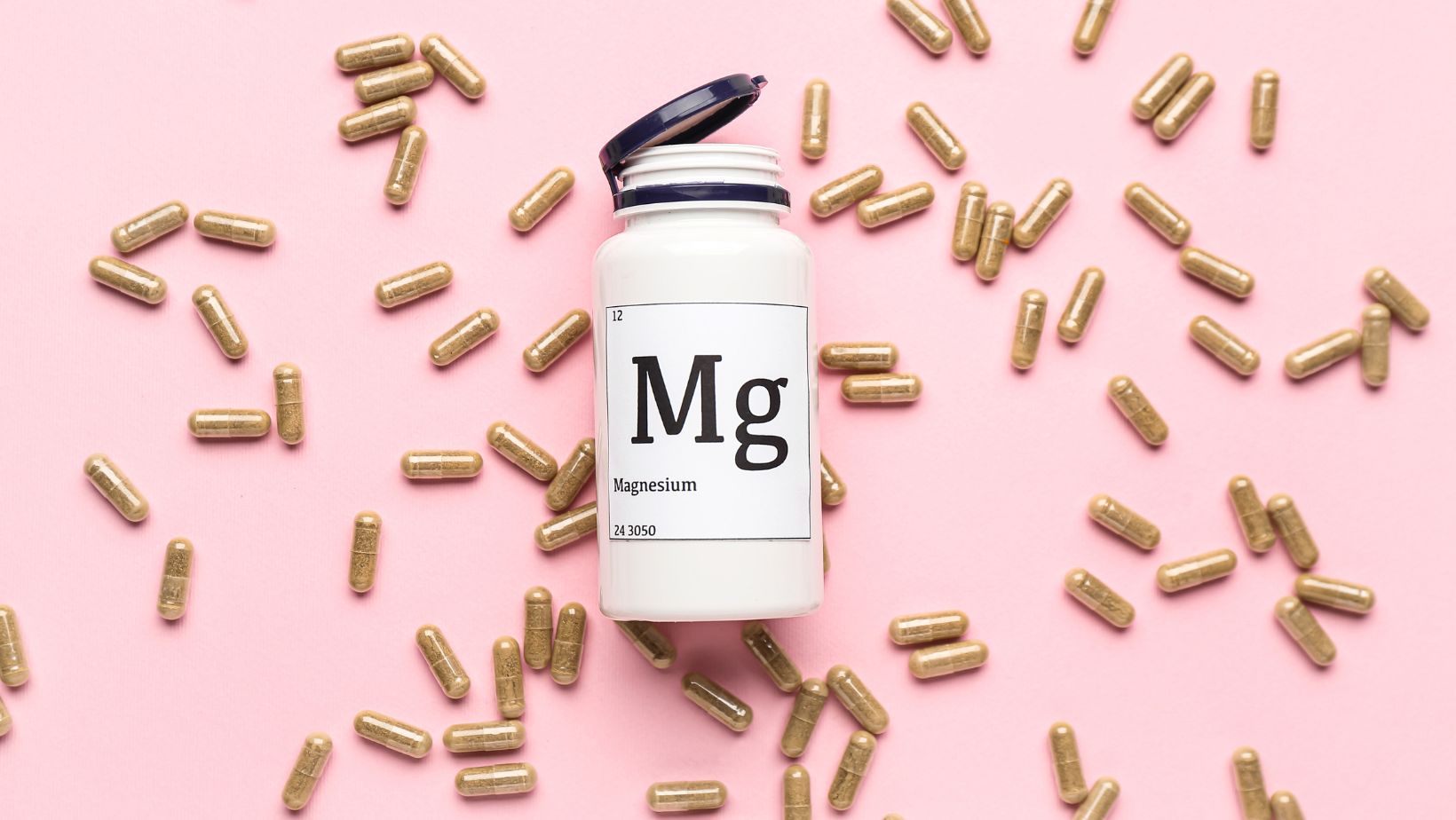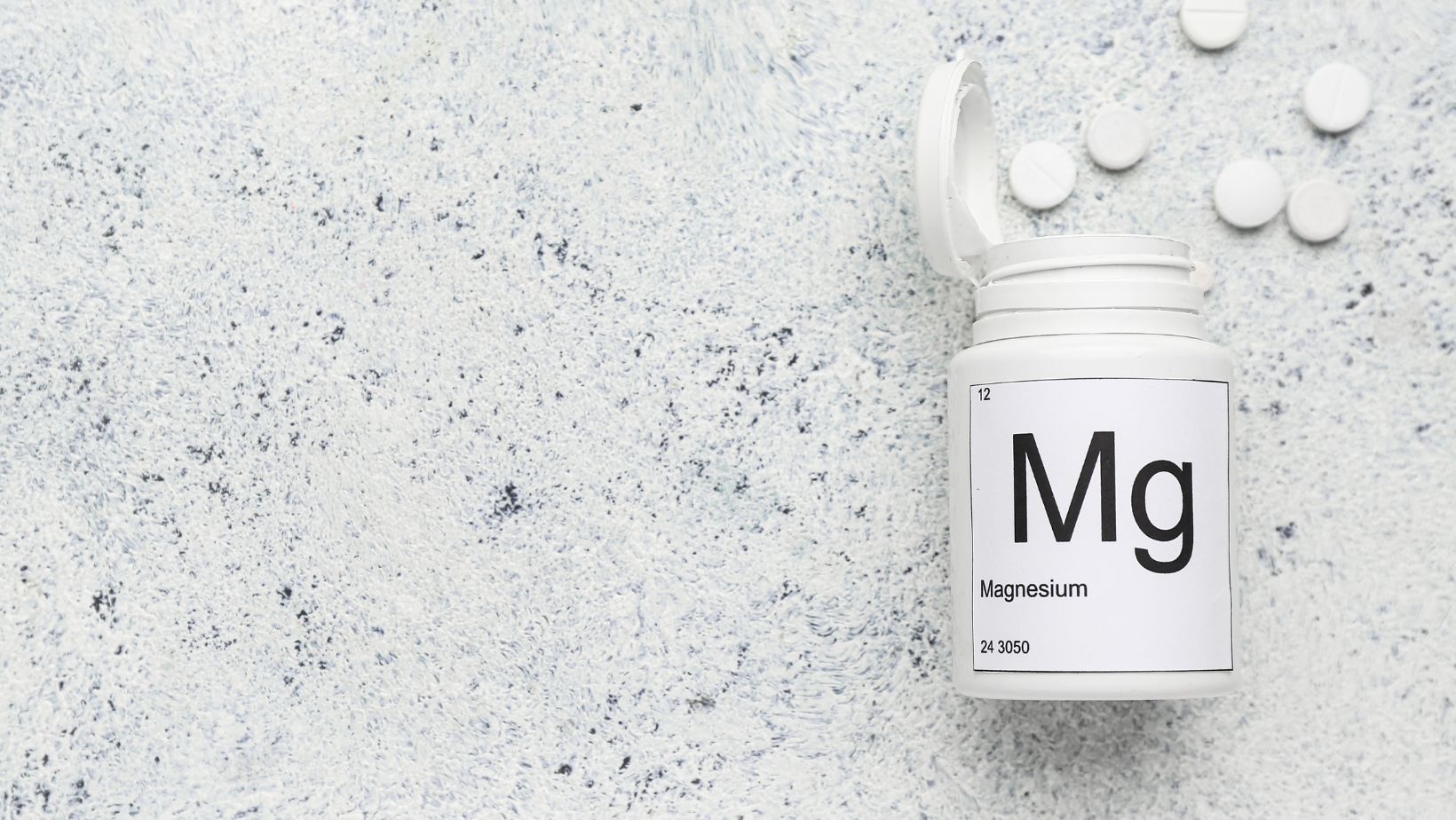
Magnesium Supplement for Keto
When following a keto diet, it’s important to pay attention to your nutrient intake, as this low-carb, high-fat diet can impact the levels of certain vitamins and minerals in your body. One mineral that often gets depleted on a keto diet is magnesium. In this section, we will explore the reasons why magnesium is important for those on a keto diet and why supplementation may be necessary.
Magnesium is an essential mineral that plays a crucial role in over 300 biochemical reactions in the body. It is involved in energy production, muscle and nerve function, blood pressure regulation, and protein synthesis. While magnesium is found naturally in various foods, including leafy greens, nuts, and seeds, the restricted food choices on a keto diet can make it challenging to obtain adequate amounts.
The depletion of magnesium on a keto diet can lead to symptoms such as fatigue, muscle cramps, and difficulty sleeping. This is because magnesium is involved in muscle relaxation and the regulation of sleep cycles. Additionally, the diuretic effect of ketosis can further contribute to magnesium loss through increased urine output.
Supplementing with magnesium can help replenish the body’s stores and potentially alleviate these symptoms. However, it’s important to choose the right form and dosage of magnesium supplements for optimal results.
The Importance of Minerals on the Keto Diet
Magnesium: An Essential Mineral
One of the key minerals that often gets overlooked on a keto diet is magnesium. This essential mineral plays a crucial role in various bodily functions, including energy production, muscle contraction, and nerve transmission. It’s involved in over 300 enzymatic reactions in the body, making it vital for overall health and well-being.
Signs of Magnesium Deficiency
On a keto diet, magnesium levels can become depleted due to several factors, such as increased urination, decreased intake of magnesium-rich foods, and reduced absorption. When magnesium levels are low, it can lead to symptoms such as fatigue, muscle cramps, irritability, and difficulty sleeping. These symptoms can significantly impact your ability to enjoy the benefits of a keto lifestyle.
Benefits of Taking a Magnesium Supplement on Keto
Supplementing with magnesium can help replenish your magnesium levels and potentially alleviate the symptoms associated with deficiency. Here are some benefits of taking a magnesium supplement on a keto diet:
- Energy Boost: Magnesium plays a crucial role in energy production, so by ensuring adequate levels, you can experience increased energy and improved physical performance.
- Muscle Recovery: Magnesium is essential for muscle contraction and relaxation. By supplementing with magnesium, you can support faster muscle recovery and reduce the risk of muscle cramps and spasms.
- Improved Sleep: Magnesium has a calming effect on the nervous system, promoting better sleep quality and helping to combat insomnia, a common issue for many individuals on a keto diet.
- Enhanced Bone Health: Magnesium works synergistically with other minerals, such as calcium and vitamin D, to support bone health. By supplementing with magnesium, you can ensure optimal bone density and reduce the risk of osteoporosis.
Choosing the Right Magnesium Supplement
Types of Magnesium Supplements
When it comes to choosing a magnesium supplement for your keto diet, there are several options available. Each type of magnesium supplement has its own unique benefits and absorption rates. Here are some common types to consider:
- Magnesium citrate: This form of magnesium is well-absorbed by the body and is known for its ability to support digestion. It may also help relieve constipation, a common issue on the keto diet.
- Magnesium glycinate: This form of magnesium is highly bioavailable and is gentle on the stomach. It is often recommended for those with digestive sensitivities.
- Magnesium oxide: This is a less bioavailable form of magnesium, but it can still be effective for those who have low stomach acid or need a higher dose of magnesium.
- Magnesium malate: This form of magnesium is often used for its potential benefits in supporting muscle health and energy production.
Recommended Dosage
The recommended daily dosage of magnesium varies depending on individual needs and health conditions. However, a general guideline for adults is around 400-420 mg for men and 310-320 mg for women.
It’s important to note that the dosage may need to be adjusted based on factors such as age, activity level, and overall health. It’s always best to consult with a healthcare professional to determine the appropriate dosage for you.

